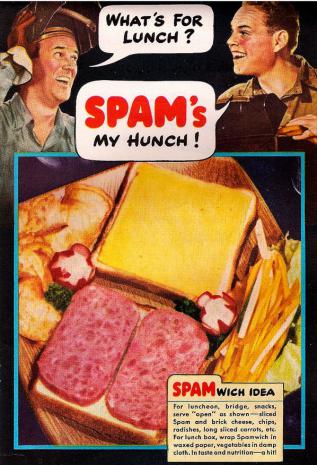
Breaking News
 RAY DALIO SAYS THE MONETARY ORDER IS BREAKING DOWN...
RAY DALIO SAYS THE MONETARY ORDER IS BREAKING DOWN...
 2026 - The Year US Hegemony Ends?
2026 - The Year US Hegemony Ends?
 Censorship Lawsuit Big Tech Hoped Wouldn't Happen
Censorship Lawsuit Big Tech Hoped Wouldn't Happen
 House Oversight Panel votes to advance contempt resolutions against the Clintons
House Oversight Panel votes to advance contempt resolutions against the Clintons
Top Tech News
 The day of the tactical laser weapon arrives
The day of the tactical laser weapon arrives
 'ELITE': The Palantir App ICE Uses to Find Neighborhoods to Raid
'ELITE': The Palantir App ICE Uses to Find Neighborhoods to Raid
 Solar Just Took a Huge Leap Forward!- CallSun 215 Anti Shade Panel
Solar Just Took a Huge Leap Forward!- CallSun 215 Anti Shade Panel
 XAI Grok 4.20 and OpenAI GPT 5.2 Are Solving Significant Previously Unsolved Math Proofs
XAI Grok 4.20 and OpenAI GPT 5.2 Are Solving Significant Previously Unsolved Math Proofs
 Watch: World's fastest drone hits 408 mph to reclaim speed record
Watch: World's fastest drone hits 408 mph to reclaim speed record
 Ukrainian robot soldier holds off Russian forces by itself in six-week battle
Ukrainian robot soldier holds off Russian forces by itself in six-week battle
 NASA announces strongest evidence yet for ancient life on Mars
NASA announces strongest evidence yet for ancient life on Mars
 Caltech has successfully demonstrated wireless energy transfer...
Caltech has successfully demonstrated wireless energy transfer...
 The TZLA Plasma Files: The Secret Health Sovereignty Tech That Uncle Trump And The CIA Tried To Bury
The TZLA Plasma Files: The Secret Health Sovereignty Tech That Uncle Trump And The CIA Tried To Bury
America's Miracle Meat: The Story of Spam (+ 3 Recipes)

Little do many people know, the term actually refers to and originates from the glorious canned luncheon meat of the same name. In the 90s when email became popular, users began referring to a classic Monty Python sketch to talk about these unwanted but ubiquitous messages. In the sketch, a couple is dining at a restaurant in which Spam is part of nearly every item on the menu, much to the chagrin of the wife.
Email users adopted the "spam" moniker to refer to any unwanted, mass emails — because Spam (the meat) was often unwanted and yet everywhere.
Before being the butt of a joke in 1970, though, it was on the losing end of soldiers' jokes during WWII. As we'll see later, Spam supplied our armed forces with many of their meals. Prior to WWII, however, it enjoyed a brief stint as a popular and innovative product born from the ingenuity of southern Minnesotans.

 Nano Nuclear Enters The Asian Market
Nano Nuclear Enters The Asian Market


